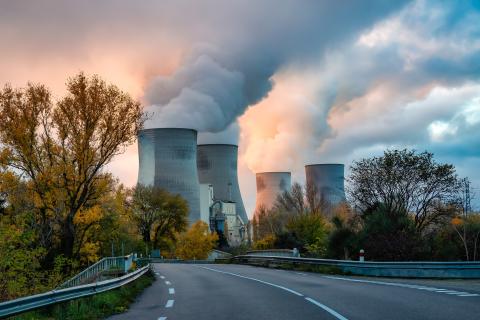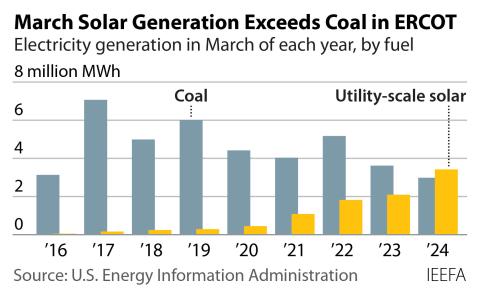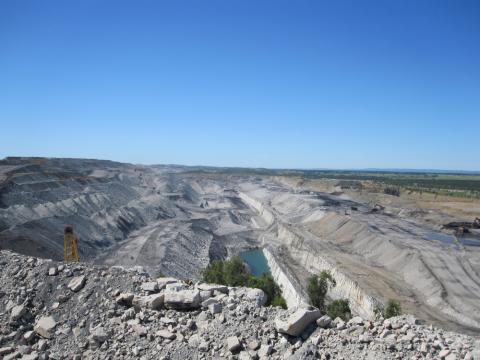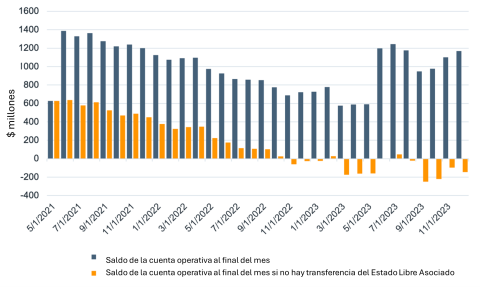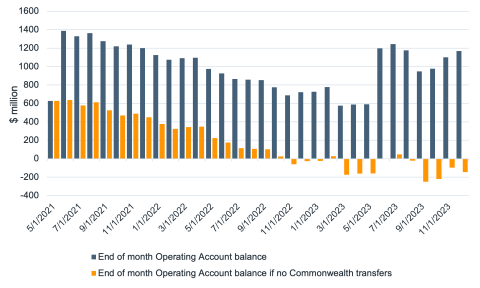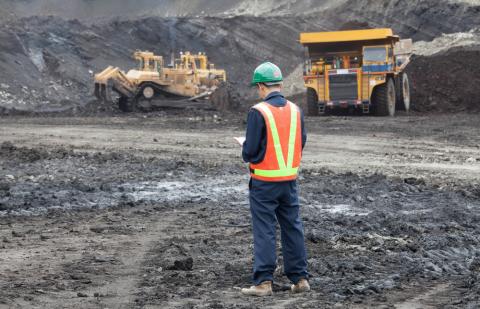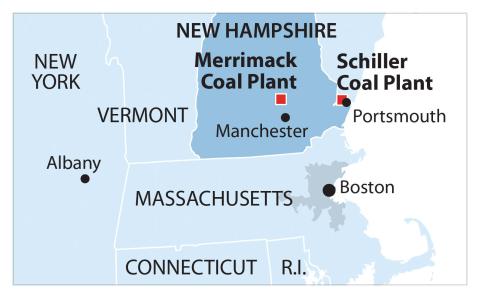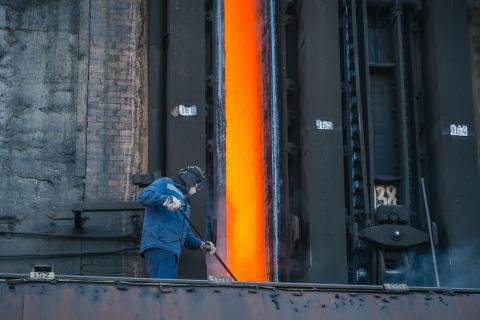A War on Coal, Indeed (and No Talk of Truce)
Provocative may be the best way to describe comments published the other day in the Beckley, W.V., Register-Herald suggesting the region is coming to terms with its failing coal industry much like a person in the throes of coping with a profound loss.
“They start with denial—and we’ve been in denial about the upcoming changes—that denial is followed with anger, and we’ve seen some of that,” Kent Spellman, the executive director of a local economic-development agency told the paper last week. “We’ve seen a great deal of animosity against the Obama administration, some of it earned, some of it not. Now we’re seeing the third stage: acceptance.”
Spellman, who runs West Virginia Hub, an organization based in Fairmont with offices in Charleston, skipped two of the five classic stages of grief (bargaining and acceptance), but he makes his point. Change has come, it is likely irreversible and—as Register-Herald reporter Pamela Pritt both quotes and paraphrases Spellman saying—“it’s time to stop the ‘blame game.’”
Spellman, whose group carries weight if for no other reason than because its members include a cross section of influential business owners, church leaders, professors and politicians, specializes in promoting public and private investment in the state. Such investment, most forward-thinking people agree, is how West Virginia will best manage a future in which coal production is a diminishing component of the regional economy.
AWARENESS GROWS DAILY AROUND THE THEME THAT PEOPLE CAN DECIDE FOR THEMSELVES whether to acknowledge that the coal-change train is leaving the station, so to speak, or pretend they see no such change.
The Globe and Mail, second in newspaper readership in Canada only to the Toronto Sun but more widely distributed and thought of traditionally as the national paper of record, published an important editorial on Friday that puts the Obama administration’s Clean Power Plan in sharp relief for Canadians, whose economy is so energy-production dependent.
The paper’s takeaways include acceptance (there’s that word again) of core truths about public-health risks created by air pollution, the inherent supply limitations in fossil fuels, the virtue of cap-and-trade policy as the best mechanism for putting realistic carbon controls in place, and the huge momentum around international agreements to curb greenhouse-gas emissions.
It’s an informed and well-stated editorial that says, yes, there’s a war on coal but it’s not a war that’s being waged by any particular demographic, special interest or individual but by a broad response to the reality that the era of coal-fired electricity plants—responsible for 30 percent of all carbon-dioxide pollution in the U.S.—is waning.
This passage applies as much to coal miners in Alberta as it does to coal fields in Appalachia:
“Mr. Obama is really only delivering the coup de grâce—the U.S. coal industry was already on the wane. Coal is extremely dirty and can be expensive to mine, and much of it is burned in inefficient, outdated plants. The drop in price of natural gas and renewables has made it less competitive, and the President’s new regulations – which mean that coal users must internalize the pollution costs that go along with burning the fuel, which until now have been free – will make coal even more expensive relative to other options. There’s still lots of coal in the ground, but just because it’s there and can be exploited, there is no longer any guarantee the world is going to want it.”
The editorial also echoes what our executive director, Sandy Buchanan, emphasized in an op-ed in March in the Lexington, Ky., Herald-Leader, in response to a column published in the same paper a week earlier by Sen. Mitch McConnell calling for states to ignore the Clean Power Plan (released just last week).
“He’s out of step with the American people, and is doing a disservice to them by failing to lead the country—and his state—into the new energy economy,” Buchanan wrote.
The Globe and Mail persuasively adds this:
“Given the course the world is on, it is arguable that it would be better for those states to spend money not on lawyers’ fees but on alternative and cleaner sources of energy. They could also invest in the development of carbon-capture and storage technologies, which have the potential to turn dirty coal into a low-carbon fuel. Economies that depend on fossil-fuel production for growth should start thinking now about what’s next, instead of clinging to old ideas and hoping for a reprieve. Global warming and its consequences can’t be wished away.”
THE SAME MOTIF IS BEING PICKED UP BY EDITORIAL WRITERS AT SMALLER NEWSPAPERS, TOO, like the Charleston, W.V., Gazette-Mail, which has needled state leaders repeatedly over the past several months for failing to show much flair for thinking ahead.
“Why is nobody exploring possible solutions for the ‘real mess we have on our hands,’ as [West Virginia Coal Association Senior Vice President Chris] Hamilton put it,” the paper asked earlier this summer.
“West Virginia leaders haven’t launched intelligent planning for what will follow the economic transition that is in progress,” the Gazette-Mail said in an April editorial. “West Virginia has wasted precious time and energy fighting pollution controls.”
It preceded that sharp call to action with this concession in March: “Coal is in decline, regardless of who is in the White House. And West Virginia must adapt to that reality.”
Hard words to hear, maybe, but acceptance trumps denial.
Karl Cates is IEEFA’s director of media relations.

